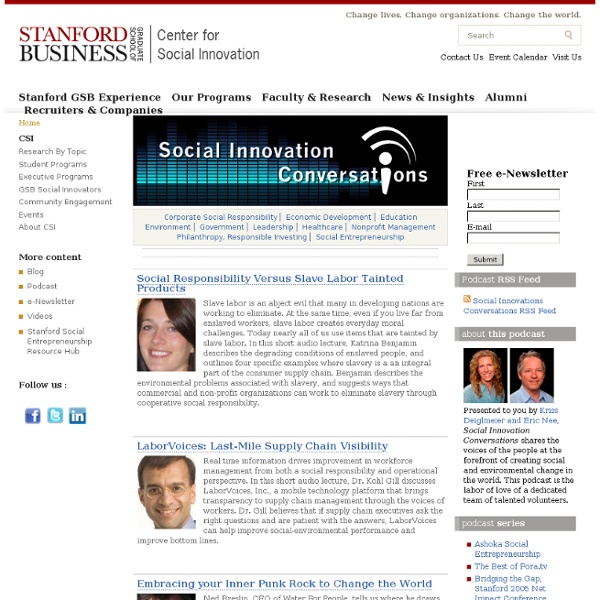



Cut Your Losses from Programs to Generate Non-Dues ... By: Jim Seely, Esq. A few years ago there weren’t as many ways for executives to embarrass themselves and their associations with schemes which promised to provide the association the way to financial independence–deliciously described as non-dues revenues. Even then, some of these schemes were disastrous. The American Medical Association had to pay over $10 million to Sunbeam. An agreement had been signed and sealed between Sunbeam and AMA calling for AMA to endorse various Sunbeam home products. Sometime later, AMA's members became aware of the agreement and complained that the endorsement of the home products did not conform to AMA’s professional mission. Moreover, all things considered, an association which honored its endorsement/affinity contract often ended up with non-dues losses. In addition, there is the cost of lost opportunity to be considered. Many, perhaps most, executives have been burned or scalded by one or more of these non-dues programs.
By Social Entrepreneurs, For Social Entrepreneurs® — Social Edge Welcome to SkollWorldForum.org former Social Edge users! Social Edge was an online community created by the Skoll Foundation from 2003 - 2013. The site has since closed as we have focused efforts on the new Skoll World Forum platform. However, if you were a Social Edge user, you will be pleased to know that all of your articles and comments have been saved and can be browsed below. In addition, if there is a specific piece of content or a particular author you are looking for, please use the search bar at the top of the screen. We have moved over 2000 posts from SocialEdge.org to SkollWorldForum.org, and are constantly adding new, relevant content. Feel free to browse through our contributors and original content, or visit our homepage and customize your experience by filtering our content for exactly what you're looking for. We hope you enjoy your time on the site! Sincerely, The Skoll World Forum Online Team
Nonprofit Newswire | Strange Bed Fellows: Pepsico and the Robert Wood Johnson Foundation Related Articles July 1, 2010; Source: AlterNet.com | This blog picks up on a theme we have been following in the Nonprofit Newswire for a while: the relationship between fast food companies and anti-obesity efforts. Some companies are trying hard to insert themselves into the anti-obesity dialogue as fellow-concerned citizens with such persistence that their incursions have to be successful sometimes—monkeys and typewriters matched to big PR budgets. This blog picks up on the fact that the latest report from the Trust for America’s Health on rates of obesity contains a two-page “personal perspective” statement of concern by Indra Nooyi, PepsiCo’s CEO. The whole situation prompted Melanie Warner, a reporter at BNET to publish an article succinctly entitled “Obesity Report Chronicles the Sad State of America’s Waistline: and Tells Us How Great PepsiCo is.”
Soap Nuts and Soap Making | Soap Nuts Pro To make soap or grow soap? That is the question. Soap making within ancient civilizations (primarily Roman, Greek, Babylonian and Egyptian) can be traced to Biblical ages (centuries B.C.). Animal fats, tallow, vegetable oils, clays, ashes, salts and numerous ingredients were commonly used. For this article, the different types of soaps are not relevant to soap nuts. The soaps used by most of mankind throughout history were not picked from a tree, as are soap berries. Soap was originally produced in large part as a medicinal product. There is little evidence that any form of soap was used in cleaning fabrics during ancient times. Sadly, after the fall of the Roman Empire, the importance of personal hygiene took a major dive throughout the lands ruled by the Empire. During the centuries after the fall, European soap making began to really take off. Bottom line: Man-made soap has been a major moneymaker for ages.
"Nature Conservancy faces potential backlash from ties with BP: Environmental nonprofits face potential backlash as supporters learn of ties to BP" By Joe Stephens In the days after the immensity of the oil spill in the Gulf of Mexico became clear, some Nature Conservancy supporters took to the organization's Web site to vent their anger. "The first thing I did was sell my shares in BP, not wanting anything to do with a company that is so careless," wrote one. Another added: "I would like to force all the BP executives, the secretaries and the shareholders out to the shore to mop up oil and wash the birds." What De Leon didn't know was that the Nature Conservancy lists BP as one of its business partners. "Oh, wow," De Leon said when told of the depth of the relationship between the nonprofit group she loves and the company she hates. The crude emanating from BP's well threatens to befoul a number of alliances between energy conglomerates and environmental nonprofits. Some purists believe environmental groups should keep a healthy distance from certain kinds of corporations, particularly those whose core mission poses risks to the environment.
Nonprofit Newswire | Corporate Giving When Corporations Aren’t There May 10, 2010; Worcester Business Journal | There has been a lot of talk about corporations maintaining their charitable giving despite the recession. Some of that seems to be hype, some of it in-kind contributions and volunteer time as substitutions for money. Nonetheless, corporate giving is typically concentrated on cities with headquarters and major facilities. Places where corporations are leaving due to shutdowns or mergers experience sharp reductions in corporate giving. It’s not just the corporate grantmaking that makes the difference, it is the presence of corporate workforces available for United Way payroll deduction charitable campaigns.